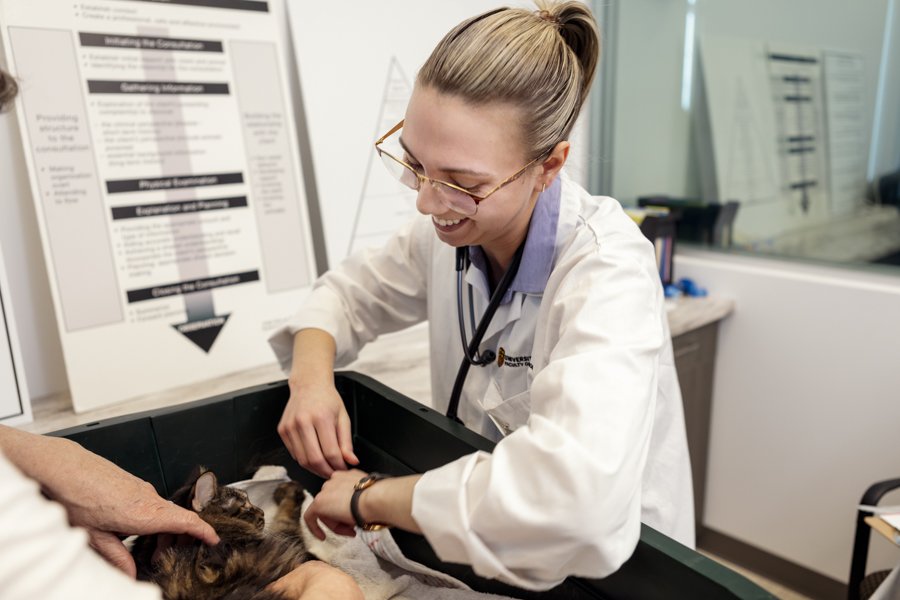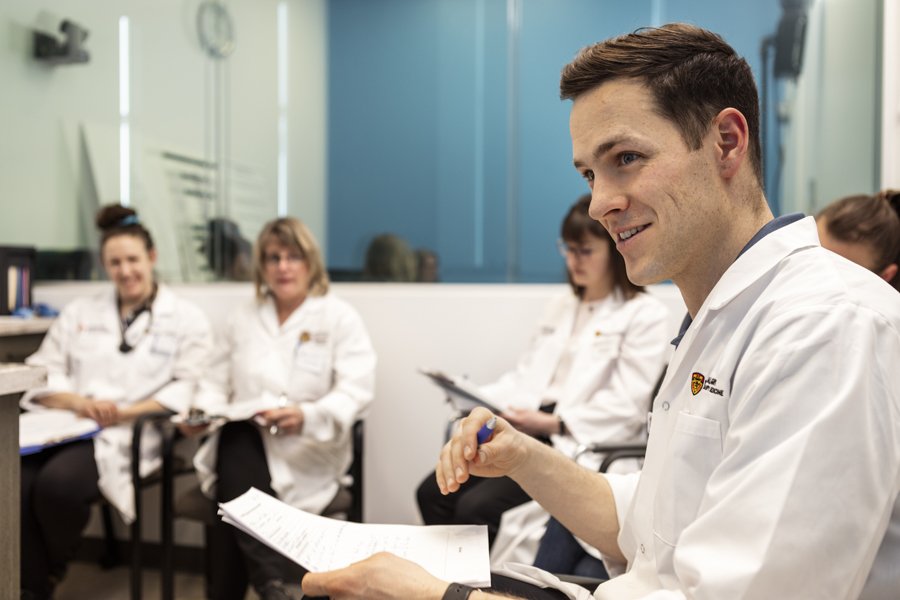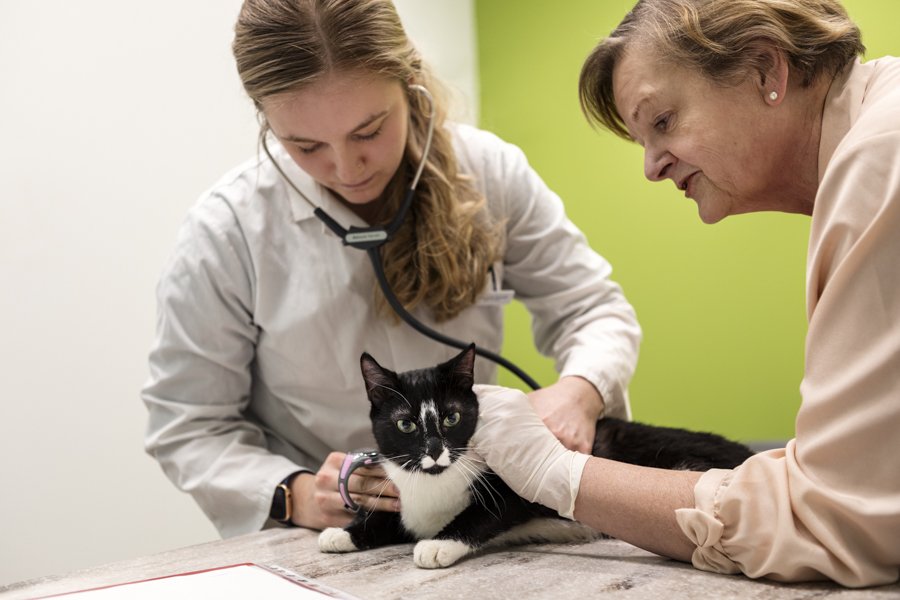

Join us and level up your skills!
Veterinary professionals are faced daily with, literally, hundreds of interactions with people; face to face, phone, email, text, message. It's no wonder that sometimes our message to others gets "lost in translation". Studying the science behind communication in veterinary medicine opens the door to a more satisfying, more emotionally rewarding and ultimately, a better delivery of patient care and client service. How does this help?
Communication skills are not things some people are just born with. They are individual skills that can be taught, learned and practiced. When grouped together in the context of each persons' personality and professional persona, they create a relationship with clients, with colleagues, with friends, with family that becomes positive and regenerative.
TO BE ANNOUNCED
TO BE ANNOUNCED
INTERACTIVE PRE-CONFERENCE WORKSHOPS
FULL DAYS OF CONTINUING EDUCATION
RACE APPROVED

Who should attend?
Practitioners
who run practices and supervise and coach their practice team
Researchers
of communication in veterinary medicine
Coaches & Consultants
of communication and culture
Veterinary Team Members
seeking skill development for client interactions and team culture
Industry Partners
who are leading through guidance and education to the veterinary professionals they work with
Veterinary Leaders
of industry education and veterinary medicine
Mentors
of future Veterinary Professionals
Educators
in veterinary and technologist programs
Organizations
that recognize the need for education in communication

Frequently Asked Questions
-
Veterinary teams, leaders, industry representatives, association representatives, researchers and educators. This conference is for all of us that communicate with others and want to network with others who are passionate about communication.
-
Yes! The evidence based approach takes the guesswork out of how to build your skills. Attendees can be sure they will walk away with honed skills, ideas for improving relationships and enhancing skills they already possess.
-
No. While there is lots to be gained from this type of learning, attendees will not be expected to improv in front of their colleagues. As is the development of any clinical skills, there will be opportunities for case based study and applying your learning to your specific needs.
-
This is where attendees get to actively practice improving their dialogue skills by working with simulated clients and being coached directly by an industry expert. These hands on labs are cited as being the most effective way to build skills that last and positively impact day to day interactions. Not for the faint of heart. These are designed to build clinical skill in a safe, interactive way.










